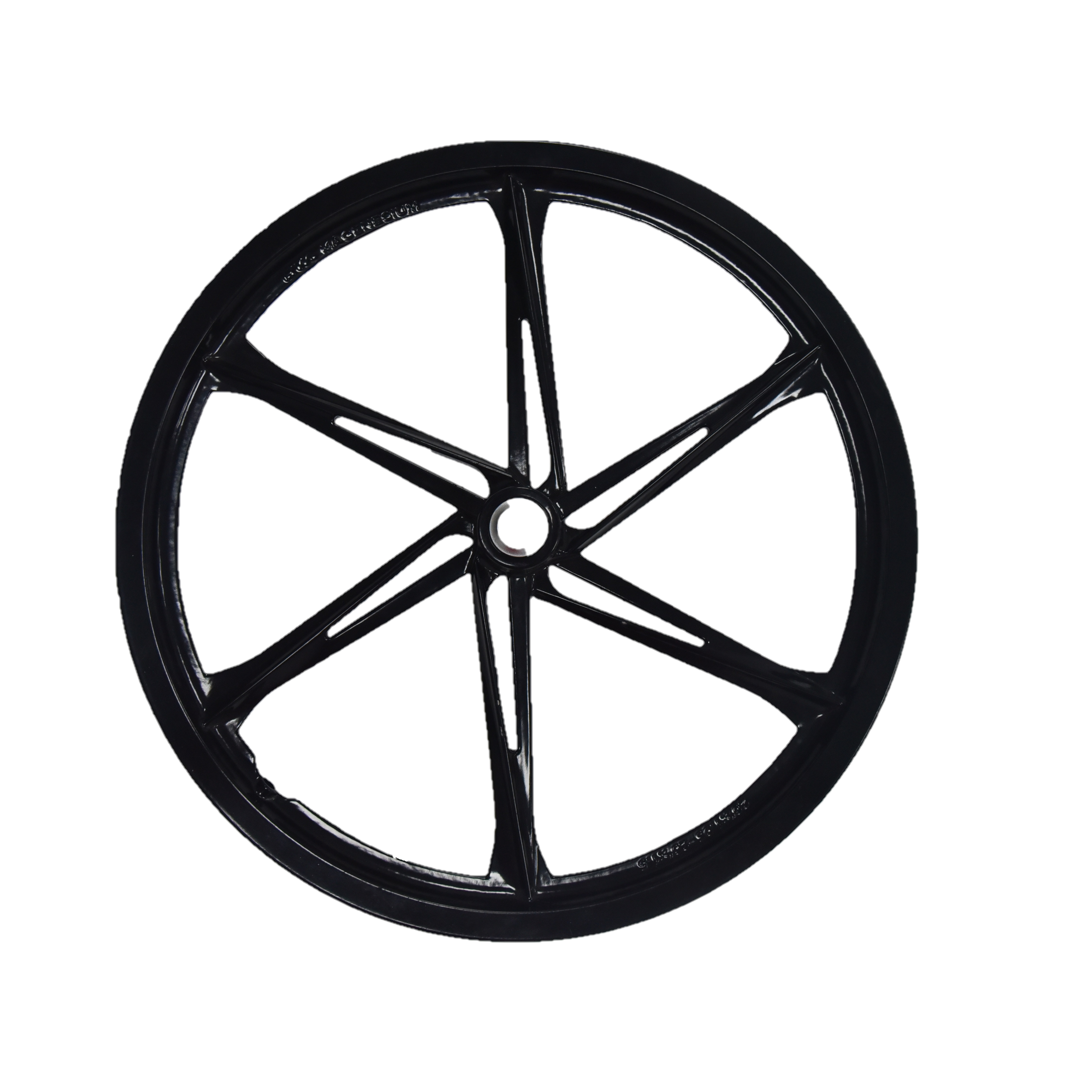Introduction
Die casting is a highly efficient and versatile manufacturing process that has revolutionized the production of various products across different industries. From automotive parts to electronic components, die casting offers unmatched precision, durability, and cost-effectiveness. This article aims to provide a comprehensive guide to die casting, exploring the process, materials used, advantages, and its applications.
1. The Die Casting Process
Die casting involves injecting molten metal into a mold cavity under high pressure. The mold, also known as a die, is usually made of steel and consists of two halves. The molten metal is poured into a shot chamber, which is then forced into the mold cavity using a hydraulic or mechanical press. Once the metal solidifies, the mold is opened, and the casting is ejected.
2. Materials Used
Various metals can be used in die casting, with the most common being aluminum, zinc, and magnesium alloys. Aluminum is favored for its lightweight, excellent strength-to-weight ratio, corrosion resistance, and good thermal conductivity. Zinc alloys, on the other hand, offer superior dimensional accuracy, high impact resistance, and excellent finishing properties. Magnesium alloys are known for their high strength-to-weight ratio, good electromagnetic shielding, and excellent machinability.
3. Advantages of Die Casting
Die casting offers numerous advantages over other manufacturing processes, making it the preferred choice for many industrial applications. Firstly, it allows for the production of complex shapes with high dimensional accuracy, reducing the need for secondary machining operations. The process also ensures consistent part-to-part quality, facilitating assembly and improving overall product performance. Die casting provides excellent surface finishes, eliminating the need for additional surface treatments. Additionally, die cast parts have high strength and durability, making them suitable for demanding applications.
4. Applications of Die Casting
The versatility of die casting makes it applicable to various industries, including automotive, aerospace, electronics, and telecommunications. In the automotive industry, die casting is used to manufacture engine parts, transmission housings, and structural components. The aerospace industry utilizes die casting for producing lightweight yet strong components such as turbine blades and aircraft structural parts. In electronics, die casting is employed to manufacture housings for smartphones, laptops, and other electronic devices. Die casting is also extensively used in the telecommunications industry for producing connectors and antenna components.
5. Die Casting Techniques
Several die casting techniques are available, each suited for specific applications and requirements. The most common techniques include:
– High-pressure die casting: This technique involves using a high-pressure injection system to fill the mold cavity quickly. It is suitable for producing large quantities of small to medium-sized parts.
– Low-pressure die casting: In this technique, the molten metal is slowly poured into the mold cavity using a pressurized furnace. It is commonly used for producing large and complex parts.
– Vacuum die casting: This technique involves removing gases from the mold cavity using a vacuum before injecting the molten metal. It ensures the production of defect-free and high-integrity castings.

Conclusion
Die casting has revolutionized the manufacturing industry by providing a cost-effective and efficient method for producing high-quality products. Its versatility, precision, and durability make it the preferred choice for a wide range of applications. By understanding the die casting process, materials used, advantages, and applications, manufacturers can harness the full potential of this exceptional manufacturing technique.
-

- Tixomolding maqnezium hissələri və komponentləri mobil telefonun orta lövhəsi
-

- Maqnezium ərintisi Tixomolding güclü xəmir korpusu
-

- CNC machined parts Steering bracket
-

- Maqnezium ərintisi tökmə Avtomobil hissələri RDM korpusu
-

- Thixomolding hissələri və komponentləri cib telefonunun orta lövhəsi işlənir
-

- OEM Die tökmə istehsalçısı maqnezium ərintisi avtomatik tablosunu istehsal edir

 0086-750-5616188
0086-750-5616188 +86 13392089688
+86 13392089688 sales@zhongmei-tech.com
sales@zhongmei-tech.com







